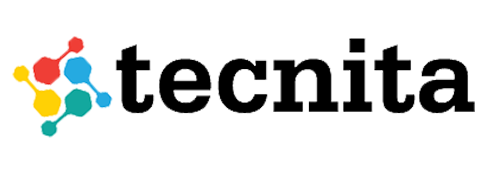

Is Salesforce the Ace of Spades in Enterprise Software?
Business Software is one industry that has seen a lot of disruption over the past 50 years. Each decade creates new market leaders such as; Apple, Oracle, IBM and SAP to name a few.
With the advent of new business models around SaaS, PaaS and IaaS, this space has become very hot and the previous leaders are scrambling for position.
As we talk about the enterprise software pie, nobody can ignore the impact of Salesforce. Salesforce is gaining share from all the players. Let’s see what makes Salesforce a rare breed in this segment.
Before looking into the salient aspects of Salesforce, we should first understand the Low Code Development movement which is at the core of products like Salesforce.
What is Low Code Development?
A low-code application platform (LCAP) is an application platform that supports rapid application development, one-step deployment, execution and management using declarative, high-level programming abstractions, such as model-driven and metadata-based programming languages. -Gartner
According to Gartner research, By 2024, low-code application development will be responsible for more than 65% of application development activity.
The following reasons describe the driving force behind the LCAP, as to why the enterprise IT is running behind it like mad elephants.
This is the Magic Quadrant for the LCAP players as prepared by Gartner, here you can see that Salesforce is in the Leaders Quadrant doing equally well on Ability to Execute and Completeness of vision dimensions.


Now that we have talked about LCAP, let’s take the discussion back to what makes Salesforce unique.
Salesforce made its name in the market by being the leader in the CRM applications area, but it derives its power from the Lightning Platform which is at the sweet spot of No Code(Point & Click) and Full Code Development. It can very comfortably handle the self serving business users at the same time as the Enterprise IT developers to develop customer facing applications.
There are a lot of players within the Low Code space but the following credentials make Salesforce stand out.
Salesforce Differentiators


Caters to all Business Segments- Small, Medium and Large


Business Focused, with all the technicalities abstracted from user


Pay as you go, with no upfront costs


Cloud First, ease of Accessibility over Cloud


Robust Security Framework


Structured Configurations, makes the administration easy


AppExchange, Sound App Ecosystem with 5000 Plug n Play Apps


Traihead, Gamified Learning Platform with unlimited resources to learn


Heroku, Cloud Platform to host scalable Apps


Mobile Application ready from word go


Open to all JS Architectures like Angular, React


Einstein, an Inbuilt AI Platform
In addition to the above, Salesforce has recently acquired market leaders like Mulesoft, Tableau, Quip, Vlocity and many more to become the powerhouse in their business segment. Some of the recent additions have been:
Covering all aspects of Salesforce is out of scope for this article, but we hope this will help you in making an informed decision while considering your Enterprise IT solution options.
References:
- https://www.mendix.com/resources/gartner-2019-magic-quadrant-for-enterprise-low-code-application-platforms/
